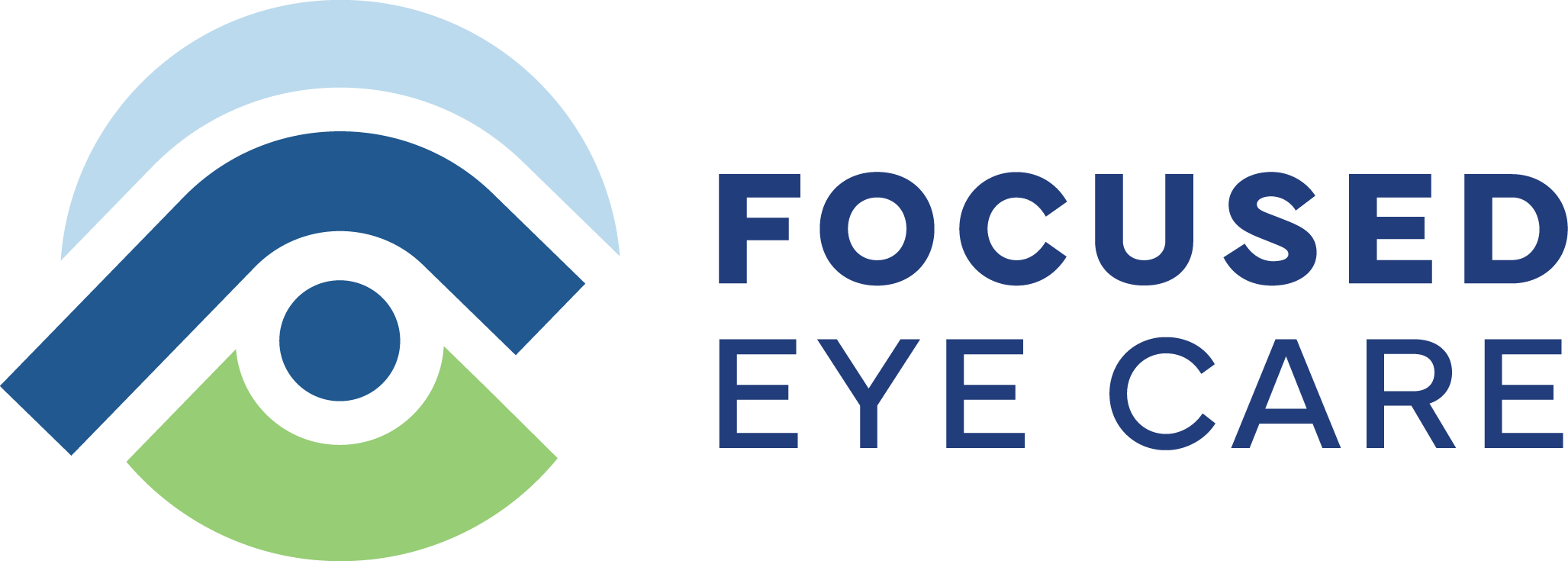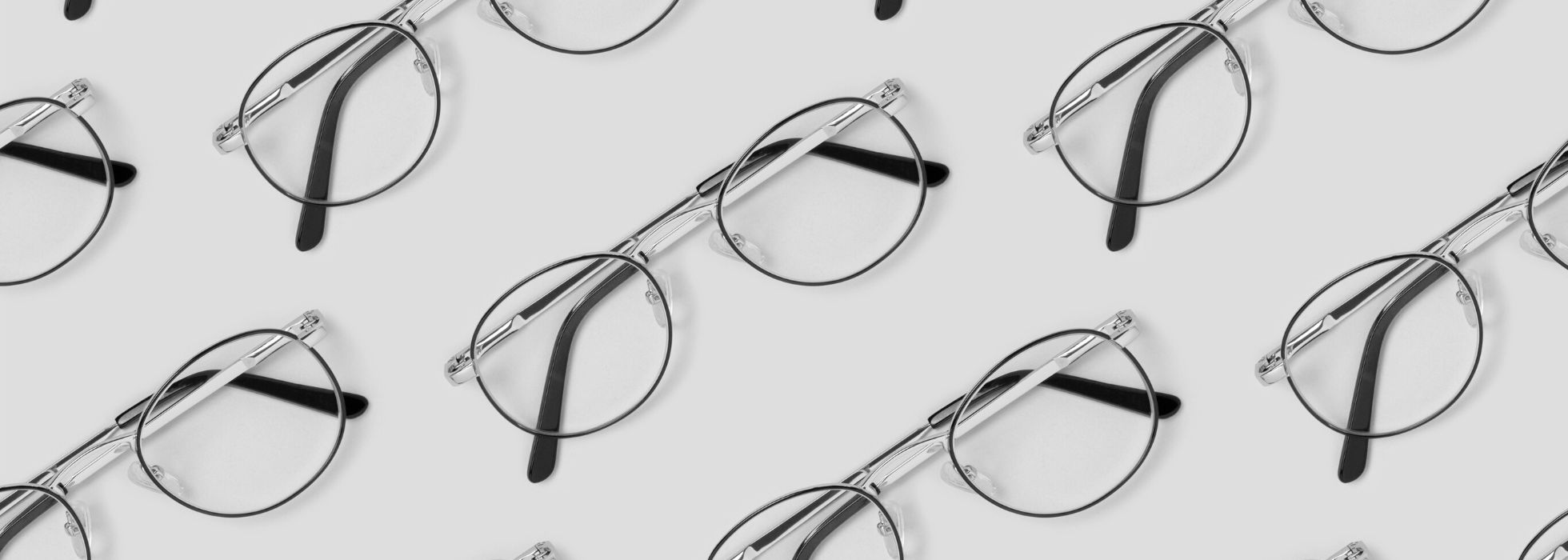Nashua Office: 603-882-0311 Milford Office: 603-673-1330 Call or Text
Common Vision Problems
At Focused Eye Care, we’re optometrists first, and dedicate much of our practice to treating people, and people you know, for common vision problems.
There are many things that can affect your eyesight, but the reason most people come to see an optometrist is for one of these very common vision problems we briefly explain below. These, along with all other conditions and diseases of the eye, are expertly diagnosed and followed up for treatment by the experienced eye care providers at Focused Eye Care, in Nashua.
Astigmatism
Astigmatism is an uneven or irregular curvature of the cornea or lens, which results in blurred or distorted vision. Other symptoms of astigmatism include the need to squint, eye strain from squinting, headaches and eye fatigue.
In reality, most people have some degree of astigmatism, which is usually present at birth and is believed to be hereditary. In minor cases, treatment may not be required but is certainly beneficial. Moderate to severe astigmatism can be treated with corrective eyewear or LASIK surgery.
Eye Coordination
Eye coordination is the ability of both eyes to work together as a team. Good eye coordination keeps the eyes in proper alignment, and it is a skill that must be developed.
Signs and symptoms that may indicate poor eye coordination include double vision, headaches, eye fatigue, dizziness, and difficulty in reading. Children may also display behavior that may indicate poor eye coordination, including covering one eye, poor sports performance, and avoiding tasks that require close eye work.
Because poor eye coordination can be difficult to detect, optometric examinations beginning at age 6 months, and again at age 3 years, are recommended.
Farsightedness (Hyperopia)
Farsightedness, medically known as hyperopia, refers to vision that is good at a distance but not at close range. Farsightedness occurs when the eyeball is shorter than normal, as measured from front to back, or when the cornea has too little curvature. This reduces the distance between the cornea and retina, causing light to converge behind the retina, rather than on it.
If you are mildly farsighted, your eye care provider may not recommend corrective treatment at all. However, if you are moderately or severely hyperopic, you may have several treatment options available, including eyeglasses, contacts, LASIK and photorefractive keratectomy (PRK). Your eye care provider at Focused Eye Care will help you determine the best treatment option for you.
Nearsightedness (Myopia)
Nearsightedness, medically known as myopia, refers to vision that is good at close range but not at a distance. It generally occurs because the eyeball is too “long” as measured from front to back.
Myopia is becoming more prevalent, likely due to the ubiquity and use of mobile phones, electronic games, laptops and other smaller screens. This is very much the case among young people, whose eyes are forced to adjust while they are still developing. Good ways to slow the advance of myopia are to make sure your children limit their time with small screens, and also engage in plenty of outside activities, which encourage them to use their distance vision.
Myopia intervention should begin as early as possible, to slow progression, and is diagnosed during routine eye exams. Possible treatments include eyeglasses and contacts (especially for children). There are also several surgical options. Your Focused Eye Care doctor can consult with you to determine the best course of treatment.
Presbyopia (Aging Eyes)
Aging eyes, medically known as presbyopia, is a condition in which the lens of the eye gradually loses its flexibility, making it harder to focus clearly on close objects such as printed words. Distance vision, on the other hand, is usually not affected.
Unfortunately, presbyopia is an inevitable part of aging and cannot be prevented by diet, lifestyle or visual habits. However, it is treatable with several types of corrective lenses, including progressives, bifocals and trifocals, single-vision reading glasses, multifocal contact lenses and monovision therapy.
Your eye care provider at Focused Eye Care will work with you to diagnose your vision problem and suggest the best treatment option for your eyes at our optometric office in Nashua. For more information, request an appointment with your eye care provider, and we’ll be in touch with you shortly.

